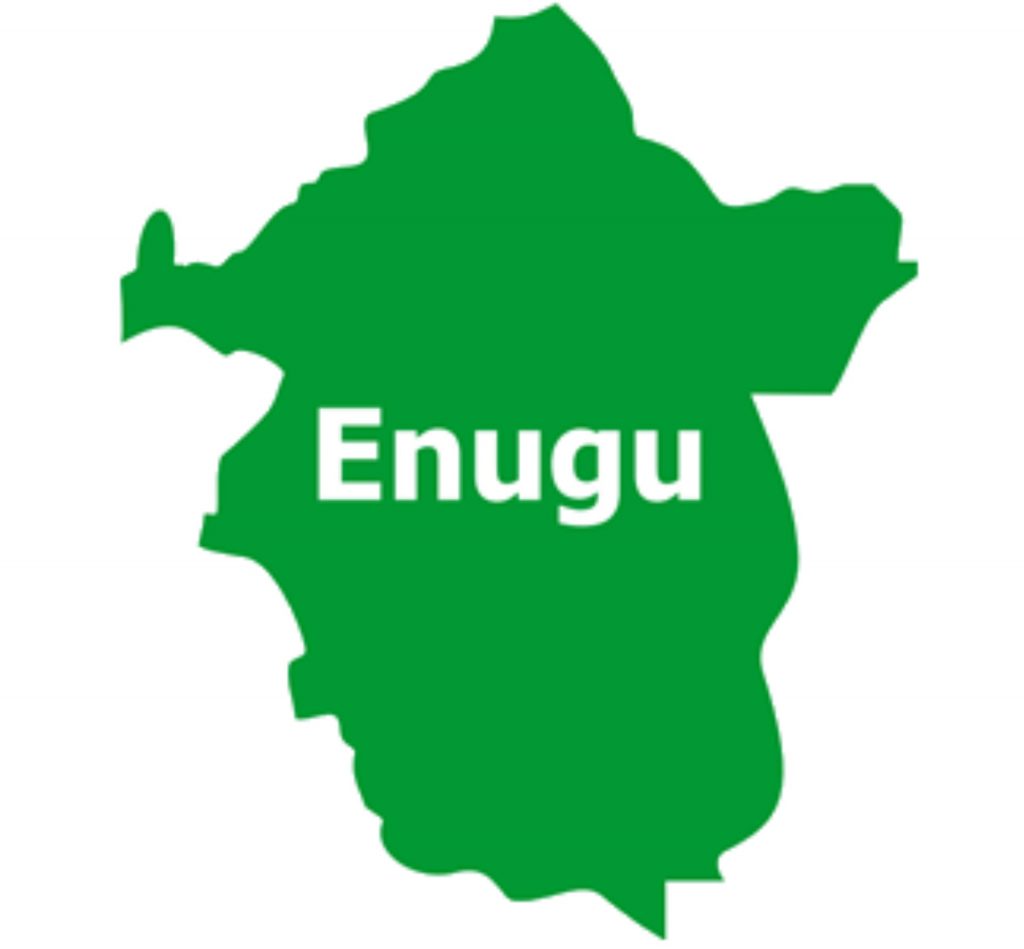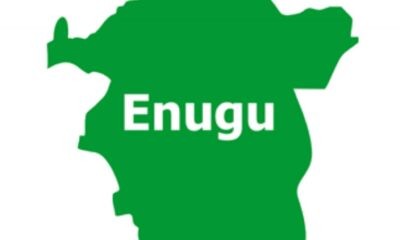The Commissioner for Health, Enugu State, Prof. Emmanuel Obi, has called for increased funding to control malaria in Nigeria.
Obi made the call during an event to mark the 2025 World Malaria Day on Friday in Enugu.
The event, organised by the state’s Ministry of Health, is with the theme: “Malaria Ends with Us; Reinvest, Reimagine and Reignite”.
According to the commissioner, it is a clarion call to ensure an increase in the funding for malaria control at all levels by governments, non-government organisations and the private sector.
He warned that failure to increase investment in this regard, would result in more cases, deaths and further reversal of the progress toward elimination.
“Malaria parasites are gradually developing resistance to Artemisinin-based combination therapies (ACTs ) which have been confirmed in some East African countries.
“Mosquitoes are becoming resistant to insecticides in the state, reducing the impact of the primary vector control interventions,” he said.
Obi explained that the state was currently aligned with WHO’s strategy of responding to antimalarial drug resistance in Africa.
He stated that this called for innovative approach to extend the lifespan of ACT treatment regimens, using multiple first-line therapy (MFT).
According to him, Enugu has made provisions for MFT, which entails using two or more effective ACTs to treat uncomplicated malaria, either concurrently or in rotation.
“Insecticide resistant monitoring in the state showed that mosquitoes in the state have become resistant to the pyrethroid insecticides (the most widely used insecticides for bed nets, for treating ITNs).
“Malaria vaccines are also being rolled out in childhood immunisation programme in two states in Nigeria and additional states are expected to introduce and scale up malaria vaccines throughout 2025,” he said.
The commissioner noted that the state was committed to the National Malaria Strategy, aimed at achieving pre-elimination status by 2030.
According to him, this entails having less than five malaria cases per 100 persons and reducing malaria related deaths to zero.
“Enugu State Government, under Gov. Peter Mbah, remains committed in revamping the health sector through infrastructural development and support for health services.
“The state has intentionally made malaria control and elimination a health priority by improving access to free malaria test and treatment, through the support of the Excellence Community Education Welfare Scheme (ECEWS).
“Gaps in malaria prevention and care are currently being bridged through equity focused action, by providing equitable access to rapid diagnostic testing, Multiple First Line ACTs for prevention and treatment,” Obi said.
Dr Uchechukwu Okenwa, the Director, Public Health and Disease Control in Enugu, described malaria as public health threat, which surge was high in the region, due to climate and the environment.
“Malaria is real and it kills. Keeping our environment clean will reduce its breed,” Okenwa advised.
The South-East Zonal Vaccine Management Consultant, UNICEF, Mrs Ndidamaka Nwosu, pledged UNICEF’s commitment to collaborate with the state to eliminate malaria.
Also, Mr Ayodele Augbelaye, Project Director, ECEWS, Enugu, emphasised the need to invest resources to tackle the menace of malaria, through reimagined actions, interventions and approaches.
“We are excited to partner Enugu government and very soon, we will begin distribution of commodities to approved facilities in the state,” he said.
A road show and free test and treatment of malaria, were part of highlights of the event.

 NEWS2 years ago
NEWS2 years ago
 MUSIC4 years ago
MUSIC4 years ago
 MUSIC4 years ago
MUSIC4 years ago
 MUSIC2 years ago
MUSIC2 years ago






















